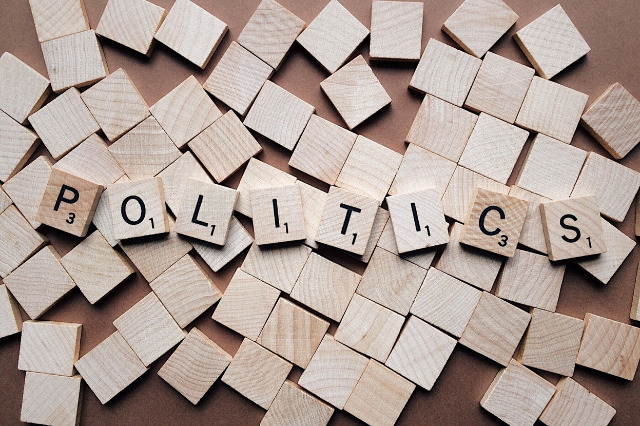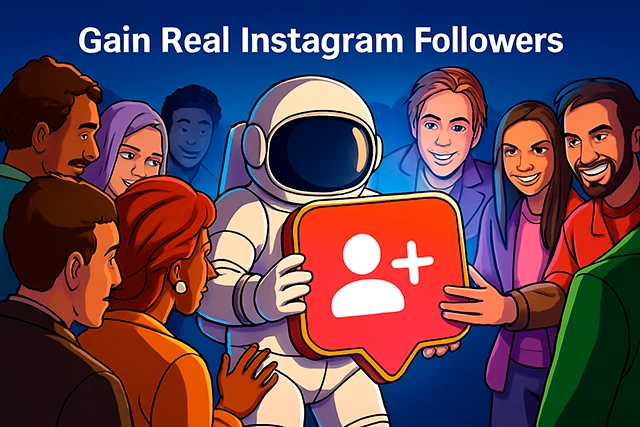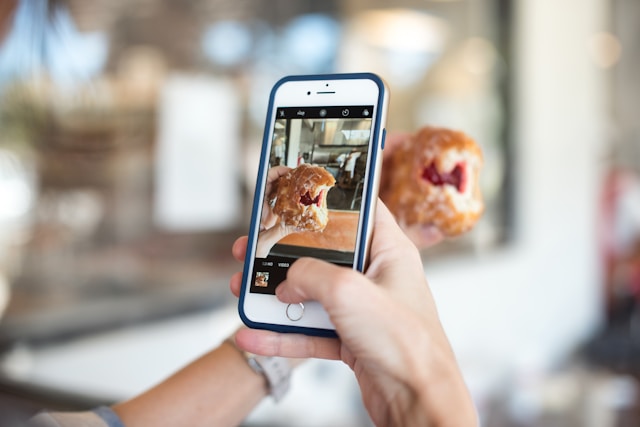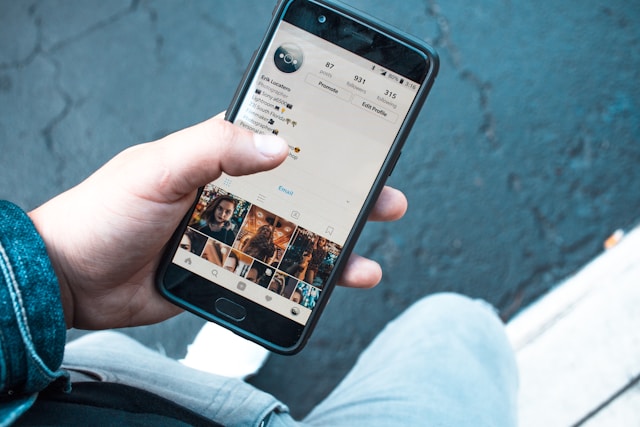The Role of Social Media in Modern Politics

Welcome, dear reader! We’re about to embark on an insightful journey into the depths of social media‘s complex relationship with politics—a topic that brims with both intriguing perspectives and heated debates.
“The challenge is not so much with technology or social media itself, but with its role and influence on democratic processes.”
If you’re wondering about the significance of this relationship, consider this: social media, with its unparalleled reach and real-time nature, has become a vital tool in the arsenal of politicians around the globe to communicate, campaign, and connect. But the coin has another side. It’s a platform that can sway public opinion, play a role in election outcomes, and raise concerns about privacy and misinformation. ‘Influence’ would be underselling it!
Embark with us as we delve deeper into these unique aspects of social media and politics, and shed light on what was once a black box.
The Role of Hashtags in Political Discourse
Hashtags are like the heartbeat of social media – they are what drive engagement, popularity, and trends. Politicians and political causes often utilize this to their advantage, leveraging the power of hashtags to create dialogue and spark interest. These short, catchy phrases or words preceded by a “#” symbol can grow into powerful tools of mobilization within minutes.
A prime example of a hashtag’s influence in politics was #BlackLivesMatter. This simple hashtag transformed rapidly into a powerful social movement, emphasizing racial disparities in law enforcement and encouraging people worldwide to join the cause. Its viral nature led to widespread awareness and massive protests, influencing political narratives and policies internationally.
- #BlackLivesMatter isn’t the only hashtag demonstrating such influence. The hashtag #MeToo, for instance, started a vital conversation about sexual harassment and abuse, leading to significant social and political changes around the world. These examples demonstrate how hashtags are instrumental in contextualizing issues, creating a platform for marginalized voices, and bringing about tangible changes.
You see, the true power of a hashtag in political discourse is its ability to unite people. It gives a unified voice to the masses, simplifies complex ideas, and prompts action – whether that’s tweeting, sharing, protesting, or voting. A well-crafted political hashtag is capable of inspiring movements, solidarity, and oftentimes, social reform.
But it’s not all roses. The role of hashtags in political dialogue can have darker implications too. This is witnessed in instances of hashtag hijacking, where a popular hashtag is seized and repurposed to spread misinformation, disruptive views, or even hate speech. As such, the use of social media and hashtags in politics requires thoughtful consideration, regulation, and vigilance.
To conclude, hashtags have become an indispensable tool in the kit of modern politics. From giving voice to social causes to influencing election results, they have become the catalysts for political dialogue on social platforms. Is it any surprise that the symbol “#” has undergone such an extraordinary rise in the 21st century?
How Social Media Shapes Public Opinion
Picture this—you’re scrolling through your social media feed, and amidst a cavalcade of family photos and viral videos, you stumble upon a fiery political debate. Bit by bit, post by post, your curiosity is piqued and you start forming an opinion, influenced by what you read and see online. That’s the power of social media in shaping public opinion.
Many of us utilize Facebook, Twitter, and other platforms not only for entertainment, but also as key sources of information, including political content. These platforms play a tremendous role in opening dialogues, sharing perspectives, and impacting thoughts and beliefs. Going further, let’s explore how this influence is exerted and offered up to the public eye.
Dialogue and Debate
Dialogue and debate are the heartbeat of democracy, and social media is the prime arena for such vibrant exchange. Whether it’s political leaders voicing policies via Tweets or Facebook posts, or citizens airing views in comments or shares, these conversations influence our understanding and perspective on complex political issues.
This exposure to diverse viewpoints encourages an informed electorate. However, it also opens up room for misinformation, propaganda, and heated arguments, all of which can warp public opinion or heighten social divisions.
Data-Driven Targeting
Ever wondered how political ads seem to appear just when you’re mulling over a particular issue? Any guesses? You’re right! It’s all thanks to the power of data-driven targeting. Algorithms and analytics embedded in social media platforms enable political campaigns to target audiences based on their demographics, location, and online behavior. Such targeted content can influence voters’ perceptions of a candidate or a policy.
Political Echo Chambers
Ever felt like everyone around you on social media echoes your political beliefs? You’re not alone. This occurrence, known as an “echo chamber,” happens when social media algorithms heavily promote content that aligns with your own views, thereby potentially creating a one-sided perspective on political issues. While this affirms one’s own beliefs, it also curtails exposure to contrasting opinions, which is fundamental to a balanced political understanding.
Social media platforms magnify the voices that resonate with our own, often to the exclusion of alternative voices – that’s the power and peril of the echo chamber.
Influence of Viral Content
Let’s consider how viral content comes into play. An emotive political meme or a catchphrase can spark a movement overnight. Such content, rapidly shared and amplified across networks, has the power to sway public sentiment in significant ways, for better or worse. On one hand, they can ignite critical conversations or mobilize support for a cause. On the other, they can also spread misinformation or deepen political polarization.
Indeed, social media is a double-edged sword when it comes to shaping public opinion. It democratizes access to information, facilitates dialogue, and enables mass mobilization. At the same time, it feeds into echo chambers, amplifies hate speech, and spreads fake news. It’s a complex landscape, but by understanding its nuances, you can better navigate the political discourse and contribute to a healthier democracy.
Social Media and Political Campaigns
Social media has significantly altered the face of political campaigns, making them more accessible, immediate, and direct than ever before. This has all been made possible due to platforms like Facebook, Twitter, and Instagram. Let’s delve into the specifics to understand better how social media is impacting political campaigns:
Firstly, it has enabled unfiltered communication. In previous times, politicians relied on traditional media platforms for communicating their agenda. Now, social media provides them with the opportunity to communicate directly with citizens, effectively eliminating the middle man. This direct line of communication allows for real-time feedback, making the process interactive and engaging for the public.
President Barack Obama leveraged social media tools and platforms to bypass traditional media channels to make sure their message reached a wider audience. His 2008 campaign is often hailed as the first social media-based presidential campaign.
Next, social media has drastically lowered campaign costs. Traditional campaigning involves significant expenses, including advertising costs, resources for organizing public events, and budget for field staff. In contrast, social media campaigning primarily involves creating and distributing digital content, which is cost-effective and has a broader reach.
However, it’s essential to remember that the influence of social media on political campaigns isn’t always positive. One significant concern is the risk of fake news and disinformation, which can spread quickly via these platforms. Politicians and their supporters may manipulate the public’s sentiment by spreading false or misleading information.
In 2016, fake news outperformed real news on Facebook during the final months of the US presidential election. This raised questions about the platform’s ability to prevent the spread of misinformation.
In conclusion, social media has changed the landscape of political campaigns, offering numerous benefits. However, it’s crucial to remain vigilant regarding the threats it holds, particularly in the context of disinformation.
Impact of Social Media on Election Outcomes
Researchers have been studying possible links between social media use and election results. While definitive conclusions have yet to be reached, there’s no denying the increasing importance of social media in political campaigns and its potential influence on public voting patterns.
The Role of Social Media in Political Activism
By turning your attention to today’s landscape for political activism, you’ll find that social media plays a monstrous role. Social media platforms like Facebook, Twitter, and Instagram, engage millions of people across the globe, providing them a space to share their views, rally for or against causes, and rally the troops for real-world action. In this growing age of digital connectivity, how could they not be instrumental?
Consider for a moment their ability to mobilize masses. Social media platforms offer an unprecedented ability to organize individuals around a common cause in a rapid and effective manner. Through these platforms, activists can connect with others who share the same views, build coalitions, and organize demonstrations or campaigns. They choose the hashtags, write the posts, share the content, and watch as others join in and help to amplify a political message or mission.
Civic participation has found a new ally in social media. An interesting evidence is the surge of digital activism observed in recent years. Coordinations of protests like the Women’s March in the U.S or movements like #BlackLivesMatter originated and gained traction from social media engagements. An individual can sign a digital petition, engage in discourse with like-minded individuals, or share information that sparks interest. It’s democracy in action, but in a digital world.
In addition, understanding the role social media plays in political activism would be incomplete without acknowledging the power of information dissemination. Truth or not, information spreads like wildfire on these platforms. Activists can instantly share news, reports, images, or videos to foster support and boost visibility for their causes. Essentially, information becomes a weapon in the armory of modern-day activism.
Yet with great power comes great responsibility. While an impressive enabler, the influence of social media in political activism cuts both ways. While it empowers the masses and gives voice to the voiceless, it also serves as a platform for spreading misinformation and causing divisions. And because of this, social media’s true impact on political activism becomes a complex topic that is still under vigorous debate.







